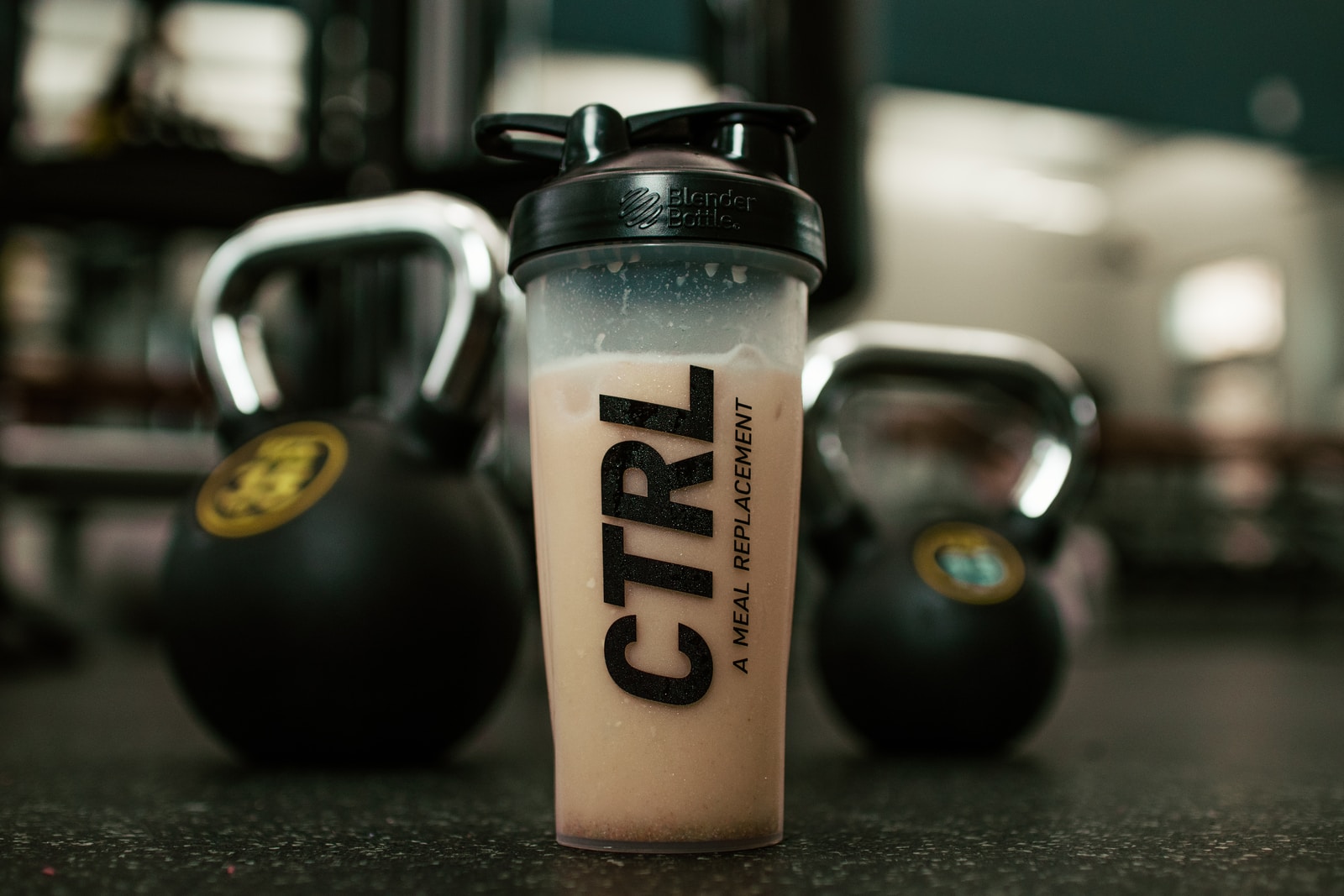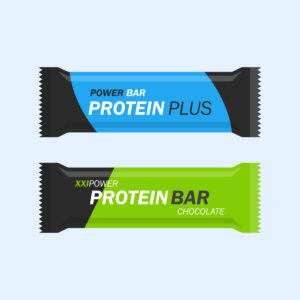If macros were Hadids, protein would be the Gigi and carbs would be the Bella. Or, if you are in a different demographic, protein would be the Marsha and carbs would be the Jan. It’s always protein, protein, protein. Carbs are just the overlooked or underappreciated middle child. Even the ugly duckling.
There is no question that protein IS an essential macronutrient. The foundation of a satiating meal or snack is protein, which is best derived from whole foods. Every cell in the human body contains protein.You need protein in your diet to help your body repair cells and make new ones. The obvious benefits of protein from a fitness lens include their role in muscle growth, because of their amino acids. Without enough protein, you won’t feel full and will be hungry an hour later. That’s why you feel that way if you are one of those “grab a muffin on the way out the door kind of people. Proteins also help improve mood. For example, tryptophan, which is found in turkey, helps support sleep and mood.
The problem is, however, that the overhype of protein as a magic ingredient for weight loss and building muscle has led to the false premise that more is better. You see people in the gym, nursing proten shakes after or even during their workouts. Protein bars and protein powders are a multibillion dollar industry based on an assumption that we do not get enough protein from normal food consumption.
I was just as duped as the industry wanted me to be. Under “broscience” principles, one seeking to lose weight should eat 1 – 1.2 grams per POUND of bodyweight. This is one of those myths that has been around so long it is rarely questioned; but it has since been debunked. Studies in bodybuilders shows that not that much protein is actually needed to maintain lean muscle mass.

Why broscience can backfire
There are a couple of reasons why an aggressive approach to protein intake could backfire. First, the body can only absorb so much protein at one time. That is why dietitians often recommend spreading out intake throughout the day as opposed to eating large amounts of protein in one sitting. Excess protein is also excreted through the urine. Hence the term “expensive urine.” The expense is not just on the wallet, though, it can also cause the following effects:
- Bad mood – If you are eating a lot of protein, chances are you aren’t getting enough carbs. Not enough carbohydrate affect hormone levels, including mood.For example,as much as people praise tryptophan, tryptophan needs carbohydrate to be released into the bloodstream for its intended effects.
- Brain fog -this goes back to the protein-carb connection. Overwhelming your body with protein at the expense of carbs can be the culprit of that mid-afternoon slump. If your lunch was a big salad with a lot of chicken, this could be why you feel so blah after eating a seemingly light and healthy meal
- Bad breath- This can result from your body producing ketones because it’s not getting enough carbohydrates.
- Dehydration – If you notice that you are thirsty all the time, it could be because you are getting too much protein. As we discussed, your kidneys are so busy flushing out the protein that they can’t do their normal job, which is to essentially act as a filter for all of your fluid.
- Bigger waist – Anything extra can be responsible for gaining weight. There was a time when I was eating three protein bars a day and could not figure out why had permanent bloat. I was also consuming 600 extra calories and more protein than my body could absorb, so in retrospect, it was not a big mystery.
What can you do to make sure you get the right amount of protein
Since protein is the basis for your food “outfit” under the Little Black Dress Meal Planning method, it makes sense to start with your protein needs. The US Dietary Guidelines suggest protein intake should make up 10% to 35% of your daily calories. On a 2,000 calorie diet in our example, this will equal out to 50 to 175 grams of protein a day, which is a large range.
A high protein diet is associated with numerous benefits including decreased appetite, reduced cravings, and better body composition, especially when protein is front-loaded in the day. For example, this National Institute of Health study compared two adult groups eating an egg breakfast versus a bagel breakfast, and found that the “egg diet” group showed a 65% greater weight loss and a 16% greater reduction in percent body fat.
Also, protein is the most thermogenic of all the macros. Earlier we looked at the CICO equation and in that equation “TEF” represented the “thermic effect of food” – responsible for up to 10 % of total calorie intake. With protein being at the top of the list for igniting that thermic effect, it can lead to an increase in your daily metabolism and overall TDEE.
As you may have experienced, protein can also satiate hunger. Think about how full you feel eating an omelet for breakfast versus a bagel with cream cheese or plan cereal. With the later, it’s very possible you could be hungry just an hour later. With a high-protein meal, you are capable of being full fuor at least 3-4 hours.
Summary
So what is the “magic” number for protein? The truth is that it depends on your personal needs, your lifestyle and your body goals whether you should be swinging in the 10 percent of the range versus the 35 percent. It is a process to find the ideal range, but if you are patient and seek outside help from a dietitian you can gain an intuitive sense of what amount you need to stay full and energized. Protein is one of the key “levers” in managing weight, so when you focus on making your protein needs a priority, the rest of the equation will fall into place.
Eggs, chicken breast, canned tuna, beans, and steel cut oats are some examples of easy to prep food high in protein. You can find pre-cooked chicken breasts in most grocery stores, and oatmeal in pre-rationed packets. I like the Think thin variety, a protein oatmeal that has a lot of Fiber. Rotisserie chicken is also a lifesaver. You can make it last at least 3 or 4 days in the fridge! Because protein takes longer to break down, I always eat the protein part of my meal first. If I have fish or chicken with a salad, I eat the fish or chicken and then the salad last.
Great protein sources from natural foods include eggs, chicken breast, canned tuna, beans, and steel cut oats are some examples of easy to prep food high in protein. Protein powders and protein bars can be good for the occasion when you are in a rush or traveling, but shouldn’t be an extra. For more about protein bars, see my saboteur post.
More resources






